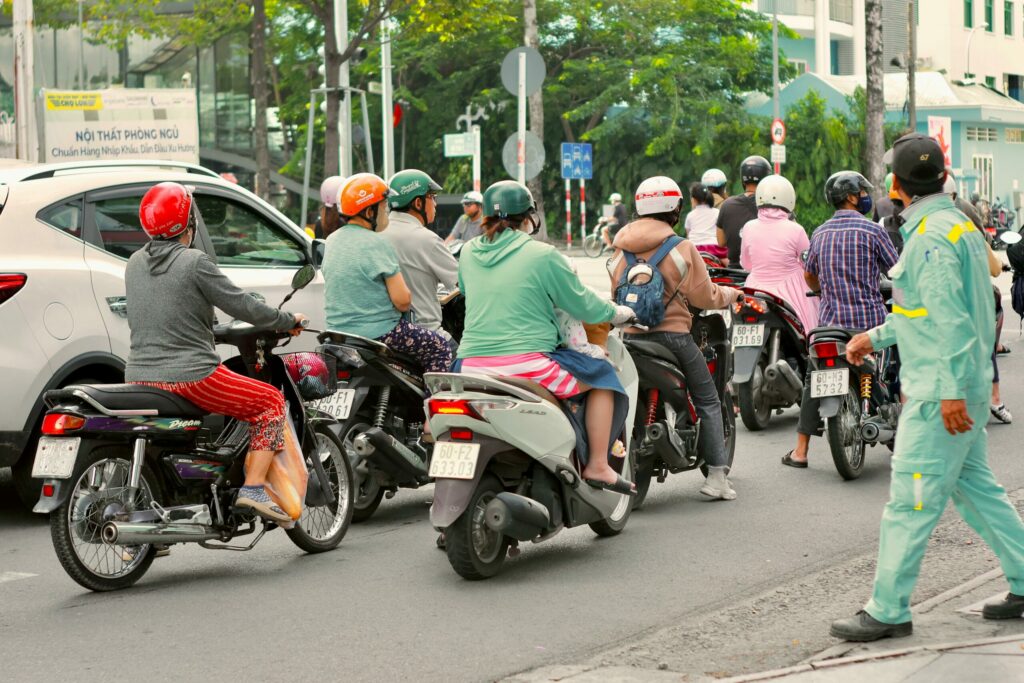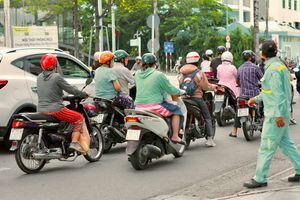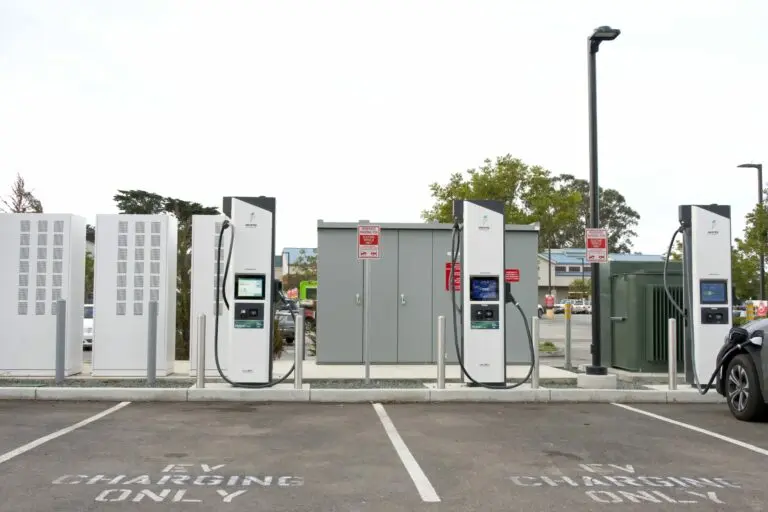Hanoi, the capital of Vietnam, has received official orders to ban petrol-powered motorbikes and scooters from the city centre from July 2026. This measure, decided by Prime Minister Pham Minh Chinh in a directive published on 12 July 2025, is part of a national strategy to reduce urban pollution.

The ban will apply to the area within the perimeter of Ring Road 1, which runs through the heart of the city and includes the Old Quarter. It marks the first stage in a progressive plan to make the Vietnamese capital a low-emission city.
Towards an extension to all internal combustion vehicles by 2030
By 2028, restrictions will be extended to petrol cars in the areas defined by Ring Roads 1 and 2. Then, by 2030, all fossil-fuelled personal vehicles will be banned within Ring Road 3.
The government is requiring the city to finalise a Low Emission Zone (LEZ) plan by the end of 2025, including the modernisation of public transport, the extension of charging stations, and the gradual banning of polluting fuels. By 2030, the public transport network will have to link the main traffic arteries, densely populated areas and transit centres using electric buses and metro lines.
A transition supported by incentives and a strengthened framework
The city plans to introduce tax incentives for companies that produce or assemble electric vehicles. Thermal vehicles remaining in the zones concerned will be subject to higher registration and parking fees.

Other measures include a ban on single-use plastics in city-centre establishments from the end of 2025, and tougher environmental laws. Industrial facilities will have to be equipped with real-time monitoring sensors, and offenders will risk service cuts or financial penalties.
The transition plan also includes the development of a national air quality database, tighter controls and the use of intelligent technologies to monitor emissions. Local authorities will be held accountable for their implementation, and cases of corruption or obstruction of environmental standards will be investigated by the Ministry of Public Security.












